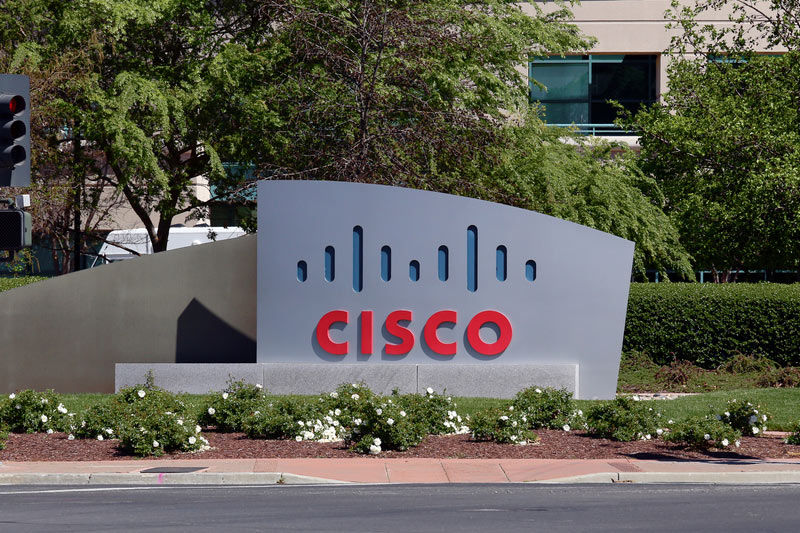Tyson Foods to close major Nebraska beef plant amid cattle shortage - WSJ
Investing.com - Shares of Cisco Systems were marginally lower in premarket U.S. trading after the networking equipment group announced a stronger-than-anticipated first-quarter revenue outlook, but noted some impact from sweeping U.S. tariffs during its just-ended fiscal year.
Cisco is viewed as a possible beneficiary of a boom in spending by companies looking to beef up their artificial intelligence capabilities in order to meet surging demand for the nascent technology. These include mega-cap industry giants like Amazon and Google-parent Alphabet, who have set forth plans to increase AI spending despite a string of massive outlays in recent quarters.
Against this backdrop, AI infrastructure orders at Cisco surpassed $800 million in its fiscal fourth quarter, pushing its annual total up to over $2 billion, CEO Chuck Robbins told investors in a post-earnings call on Wednesday. That is more than double Cisco’s initial target.
Revenue in the quarter ended on July 26 came in at $14.67 billion, versus estimates of $14.62 billion. But executives said total gross profit margins for the period were dented by a "small impact" from U.S. tariffs on copper, steel and aluminum, adding that the levies are contributing to a "complex" operating environment.
Adjusted earnings per share stood at $0.99, with analysts calling for $0.98.
Cisco expects to register a top-line figure of $14.65 billion to $14.85 billion in its current quarter, compared with projections of $14.62 billion.
In its 2026 fiscal year, the company predicted that it would report adjusted earnings per share of $4.00 to $4.06 on revenue of $59 billion to $60 billion. Estimates had seen the figures at $4.03 and $59.55 billion, respectively.
Analysts at Evercore ISI said in a note that Cisco "clearly appears to have strong AI momentum here," but said much of the focus will be on the trajectory of its security business, which posted July-quarter growth of 9% which was "below expectations." They added that questions are also swirling around whether its networking segment expansion can stay "robust as we go through fiscal 2026" with more difficult prior-year comparisons ahead.
(Yasin Ebrahim contributed reporting.)
